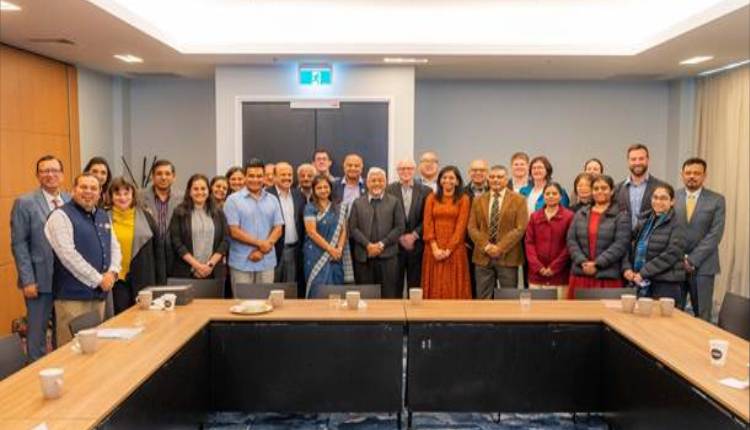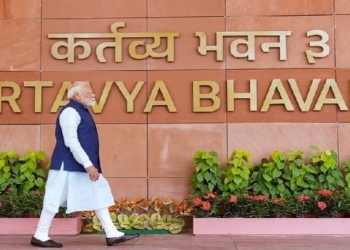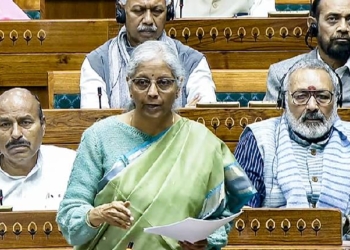New Delhi: India and New Zealand have decided to strengthen bilateral trade and collaboration in the pharma, agricultural, and processed food sectors, the Commerce and Industry Ministry said on Thursday.
A delegation led by Commerce Secretary Sunil Barthwal visited New Zealand on April 26-27 and held a number of constructive meetings with the Minister for Trade of New Zealand, Todd McClay.
The 11th India-New Zealand Joint Trade Committee (JTC) meeting was also held to work on ways to deepen the existing bilateral relations.
Both countries discussed the creation of working groups for sectors like pharmaceuticals, agriculture, food processing, storage and transportation.
Collaboration in the pharmaceuticals and medical devices sector was discussed at length, including the adoption of fast-tracking of regulatory processes and quality assessment of manufacturing facilities using, as appropriate, the inspection reports of comparable overseas regulators.
Greater sourcing of medicines from India and cooperation in the medical device sector were also discussed, according to a Commerce Ministry statement.
The discussions also included cooperation in the horticulture sector, including cooperation in the kiwi fruit sector (quality & productivity, proper storage in pack houses and their suitable transportation) as well as the dairy sector.
Once working groups are established, India and New Zealand will review the progress made by them and the recommendations thereof at regular intervals.
The meetings addressed bilateral trade matters of mutual interest, including issues related to market access, non-tariff barriers (NTBs), and sanitary and phytosanitary (SPS) measures on products like grapes, okra, and mangoes,
The services sector and enhancing its scale for bilateral trade was given special focus during the discussions held at various levels, which revealed great interest from both sides for increasing business-to-business as well as people-to-people contacts and to work on the skill gaps and how the same can be strengthened through capacity building and improving the ease of mobility.
(IANS)
















